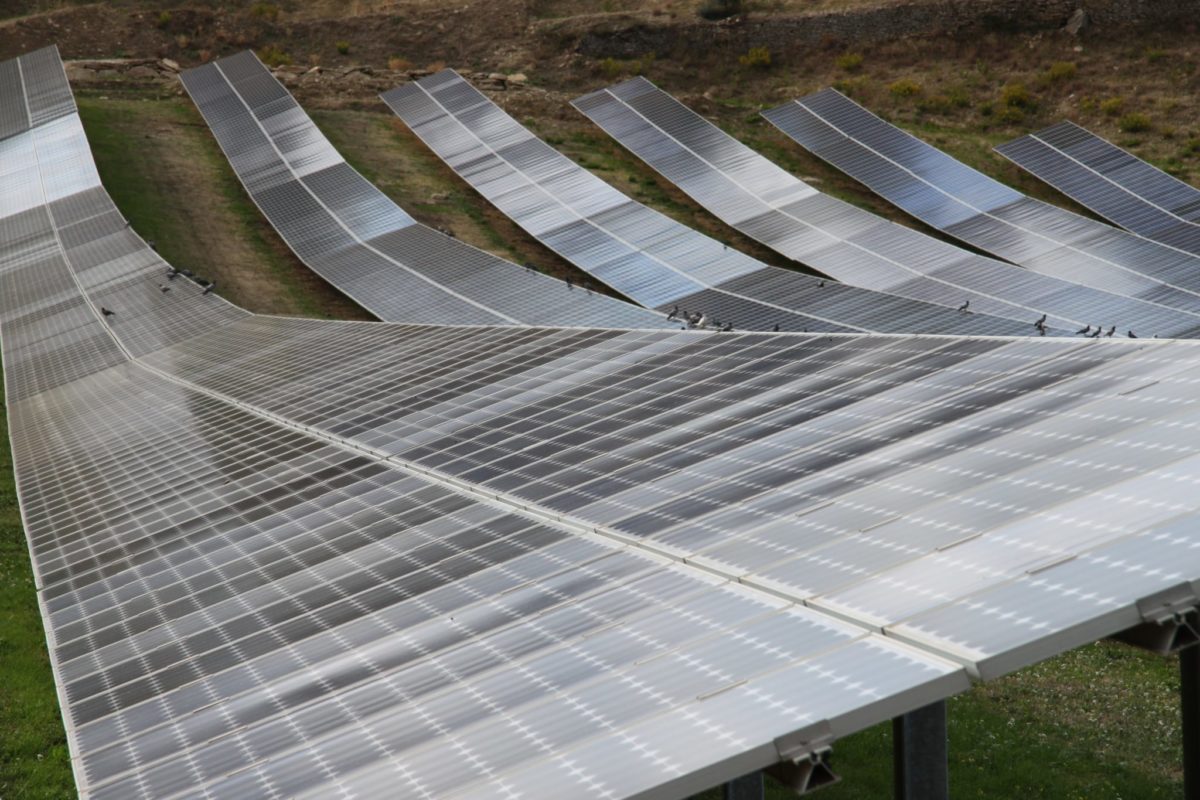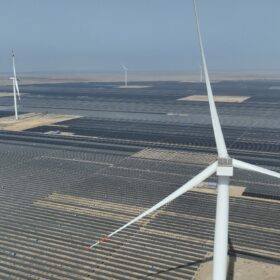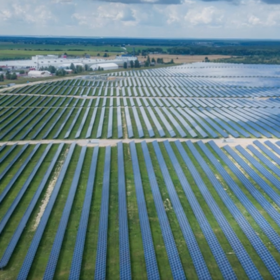From pv magazine Global
With utility scale solar investment and hydrogen and battery storage capacity all expected to leap this year, Norwegian analyst Rystad Energy is hoping an anticipated rise in polysilicon production facilities will head off the harmful effects of rising commodity prices.
The Oslo-based data company is expecting the polysilicon industry to attain more than a million tons of annual production capacity this year to keep a lid on solar panel prices which leapt in 2021, in part thanks to a shortage of the raw material.
The new poly capacity, though, may not come soon enough to head off what Rystad described as a “potential downturn” in new big solar projects, “at least for the first half of the year,” with the analyst noting the dampening effect rising steel prices are having on the onshore wind sector.
The warning was issued in a note released by Rystad on Thursday in which the analyst predicted 220GW of new large scale renewable energy project capacity will arrive this year, including 12GW of battery capacity, more than 400MW of hydrogen production facilities, and an 18% rise in solar project spending, from $117 billion last year to $138 billion this.
Rystad stated solar makes up the biggest proportion of the 195GW of that total, 2022 renewables project figure which is already under construction, with PV laying claim to 46% of the capacity which is taking shape. Almost half of the projects which have already broken ground this year are in Asia, according to Rystad, chiefly in China and India.
This content is protected by copyright and may not be reused. If you want to cooperate with us and would like to reuse some of our content, please contact: editors@pv-magazine.com.









By submitting this form you agree to pv magazine using your data for the purposes of publishing your comment.
Your personal data will only be disclosed or otherwise transmitted to third parties for the purposes of spam filtering or if this is necessary for technical maintenance of the website. Any other transfer to third parties will not take place unless this is justified on the basis of applicable data protection regulations or if pv magazine is legally obliged to do so.
You may revoke this consent at any time with effect for the future, in which case your personal data will be deleted immediately. Otherwise, your data will be deleted if pv magazine has processed your request or the purpose of data storage is fulfilled.
Further information on data privacy can be found in our Data Protection Policy.